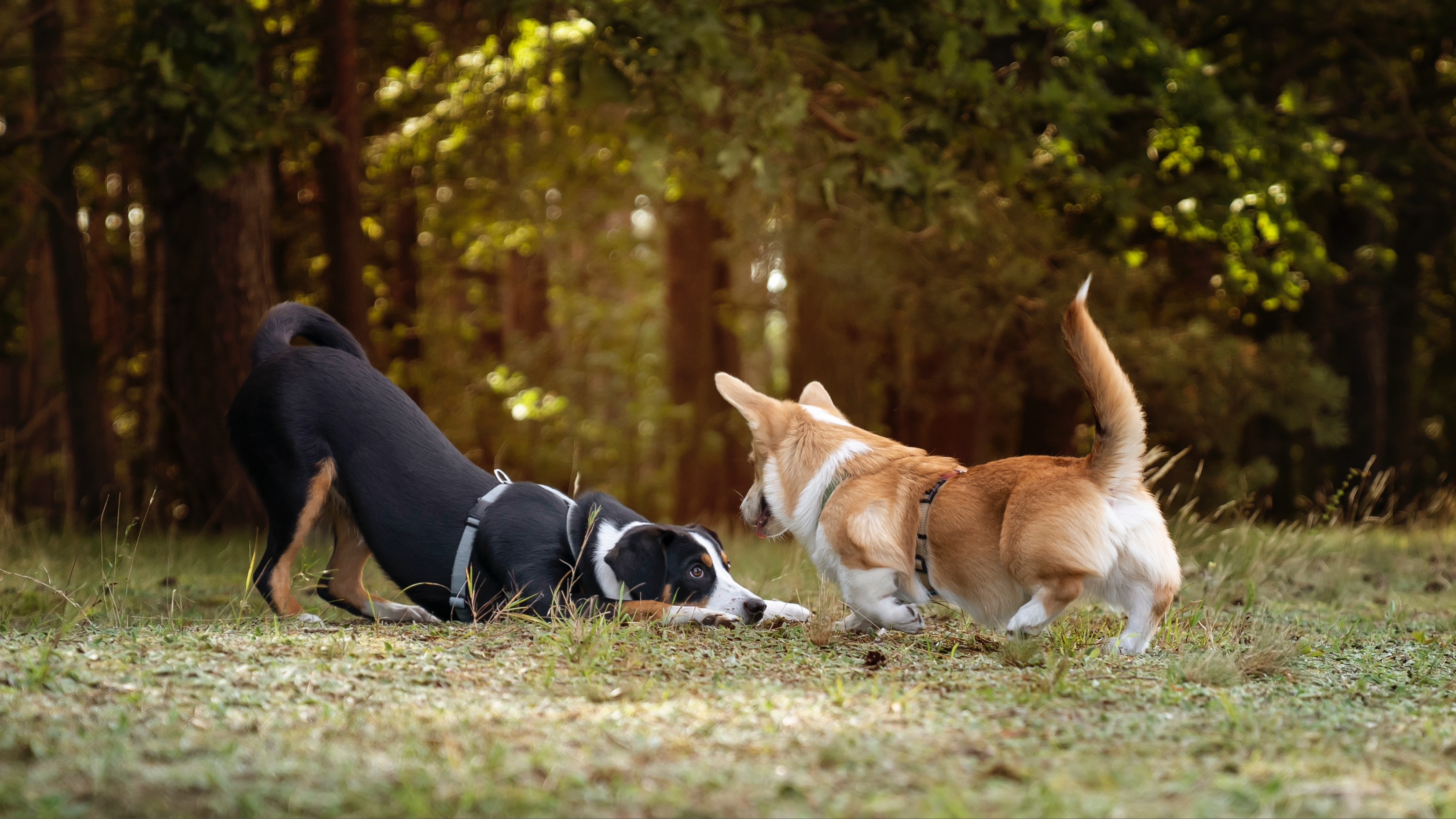
First things first. If your dog is a reactive dog, you’re not alone. It might not be ideal, but many dog parents know what it’s like to have a reactive pup.
If you do have a dog who displays reactive behavior, however, it’s a good idea to learn more about where it might come from. This can help you address their reactivity, benefiting you and your canine in the long run – make sure you’ve got some of the best dog treats ready!
And professional dog trainer and behavioral consultant Amelia Steele, known as Amelia the Dog Trainer on Instagram, has outlined the three main reasons why dogs might be reactive. It makes interesting reading!
1. Fear: “Dogs can vocalize as a way to create space between themselves and something they’re scared of,” Steele explains. “Dogs can be fearful if they’ve had a bad experience or if they haven’t been exposed to a trigger.” But many things can cause a dog to feel scared, with these 32 everyday fears and phobias in dogs just some examples.
2. Frustration: Steele says that a dog might bark or display reactive behavior simply because they’re frustrated. She continues, “This is common with dogs that get access to other dogs a lot of the time. When a lead goes on and that access is removed, it can be frustrating for your dog and can result in barking.”
3. Underlying Pain: The final reason Steele expands on is that your dog may have some underlying pain causing their reactive behavior. “It’s easy for dogs to associate their pain with external sources and in turn this can cause reactive behavior.”
And remember, as frustrating as it might be if your dog is reactive, it doesn’t make them an aggressive, or ‘bad’, dog. They may have had some unpleasant past experiences with something, or they might be unwell – here are ten signs a dog is in pain.
If you’re unsure, it may be a good idea to visit the vet. This way, you can at least rule out a more serious underlying cause, like an injury or illness that hasn’t yet been diagnosed. If your pup gets the all-clear, you can work with them on their reactivity, identifying potential triggers and counter-conditioning them. Don’t expect any quick fixes – it could be a long process, but one that will help you and your pup in the long run!
If you have a reactive dog and you’re finding things like walks a challenge, you might find this article helpful: Owning a reactive dog is hard. Here's how I navigated the social challenges with my pooch.







